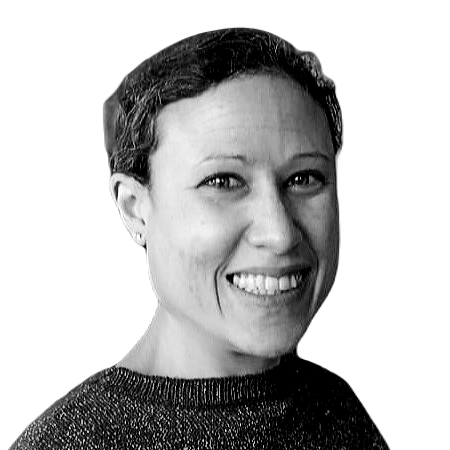My mission is to empower young people to develop, enjoy and thrive. Initially, after qualifying as a clinical psychologist, I worked full time in the NHS in CAMHS for several years. As part of my core training, I undertook research projects, but I wouldn’t say that I felt particularly confident or competent as a researcher. But definitely I was frustrated by the gap between evidence and practice. Now, as I grow my research career through the NIHR fellowships route, I am building bridges across the gap and narrowing the divide as a clinical academic.
The gap between evidence and practice was especially wide for those young people who had complex and intersecting difficulties, like chronic illness. I worked with several young people who were affected by chronic fatigue syndrome (CFS) and also had anxiety and/or depression. Disentangling the fatigue related problems from the mental health problems (which is often what service pathways dictate that we should do) and knowing how best to sequence treatment strategies was really challenging in practice without relevant evidence to draw on.
The biggest challenge when you work in clinical practice is to find the time to dedicate to research.
First, I secured some charity funding, and then some research capability funding from my local hospital trust, which bought me time to get started.
Having reviewed the literature and talked to young people, parents and clinicians, I planned a programme of research (3 studies + intervention development activities) to further our knowledge of depression and anxiety in young people with CFS. I secured an NIHR doctoral research fellowship (DRF) to enable me to undertake this work, 3 days a week over 5 years. This was a super way to develop as a researcher whilst also conducting applied clinical research that makes a different in practice in the NHS.
I have now delivered my planned programme of research under the supervision and guidance of three amazing and experienced clinical academics at Bath and Bristol. I have attended various fabulous training courses including, for example, a 1-week course on randomised control trials. Building scientist skills, particularly my ability to understand the evidence base and its limitations, is undoubtedly enhancing my ability to deliver high quality treatment as well as developing my capacity to conduct further clinically applied research in the future. There is no doubt that I feel much more confident and competent as a researcher (and I’ve got a PhD to prove it), but I’ve still got huge gaps in my knowledge, skills, and experience.
So, I still feel like I’m only at the start of the journey.
And in the pandemic context, I’ve reconnected with my long-held ambition of enabling all young people to access evidence-based help in a timely manner, before their problems become severe and entrenched – gettinghelp at the point of need, rather than help at the point of availability after a wait. Or after having to get worse before they can get help.
As I reached the end of the doctoral research fellowship, I knew that my mission going forwards will be to address this needs-access gap through brief, scalable treatments.
But I still had gaps in my knowledge and research skills, and I needed more time to build a convincing case for a further substantial fellowship.
The NIHR development and skills enhancement award (DSE) is designed for exactly this, and researchers who have held an NIHR fellowship are eligible. This award is generously funding my time and my development for a further year.
What will enable me to build the knowledge and skills I need is a combination of formal training, mentorship and bespoke placements.
I’m spending time with the Pragmatic Clinical Trials Unit at QMUL (complex clinical trials in real world contexts), with the TOPIC research group in Oxford (child mental health trials in schools), with MINDTECH in Nottingham (evaluating and implementing digital mental health), and with the Lab for Scalable Mental Health in the USA (online single session interventions). Within the year, I will be applying for an NIHR advanced fellowship to fund me and my research for several years as I progress further towards becoming a research leader of a team who work with me to achieve my mission.
It’s wonderful that the NIHR has a series of awards, both fellowships and grants, that you can apply for to build your research career, and these are ideally suited to those with a clinical background.

